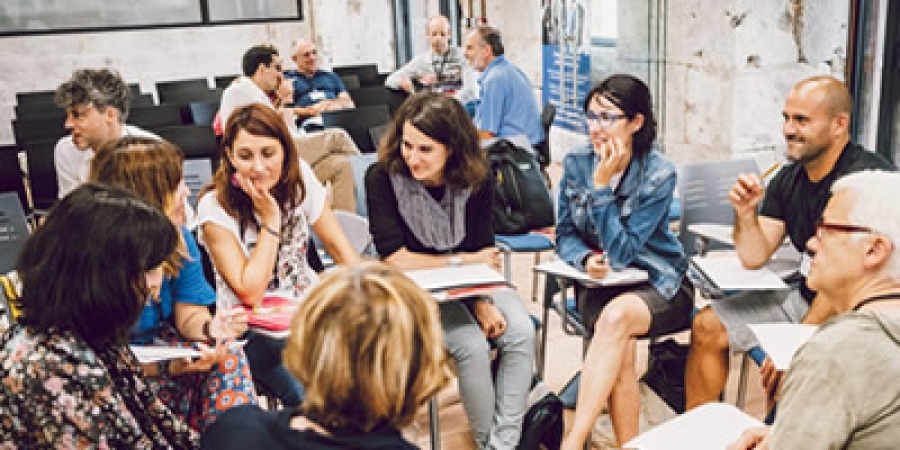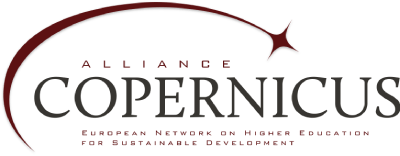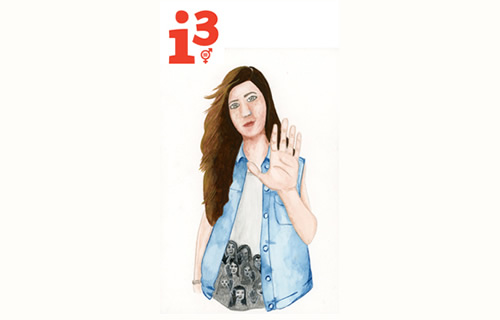
- Details
On the occasion of the celebration of the International Day for the Elimination of Violence against Women, the Directorate for Equality of the University de Basque Country (UPV/EHU) organized a conference to raise awareness of this serious social problem. Among several activities, the UPV/EHU’s Protocol Against Gender Violence was presented.
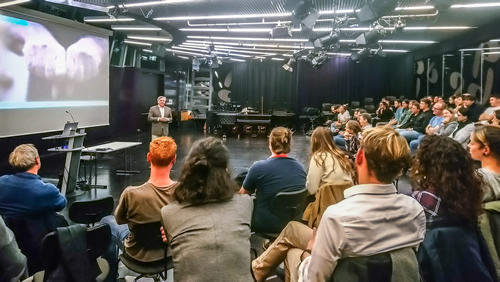
- Details
With the lecture series "Climate crisis and consciousness change" and a poster exhibition on the same topic, the nine universities in the Austrian province of Styria set an example for overcoming disciplinary and institutional boundaries. The currently ongoing lecture series and the exhibition complement each other and thus address a large target group that includes both students and the general public. The aim of the lectures is not only to impart knowledge, but above all to promote interdisciplinary exchange and to involve the audience in the discussion.
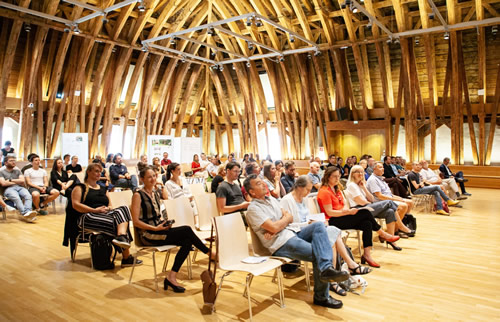
- Details
The international and interdisciplinary summer universities "Alternative Economic and Monetary Systems" and "Green.Building.Solutions" share the aim of finding new pathways for a more sustainable future as well as a healthier planet. Both will take place between August and September 2022 and are open to students and professionals from all fields who strive to create a more just and green future. Among the numerous organizing partners and supporters are the University of Natural Resources and Life Sciences (BOKU) Vienna and the Club of Rome. Registrations are open now.
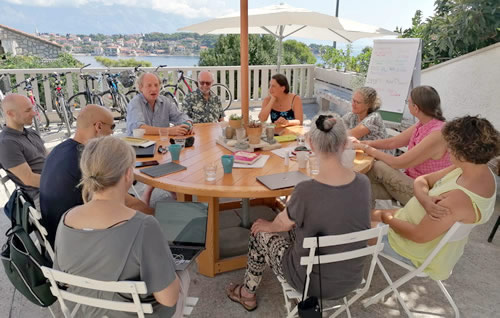
- Details
The transformative quality of adult education will shape the future in several ways. The ambition of the Erasmus+ project Online Transformative Learning (OnTL) is to explore the opportunities for and limitations of Transformative Learning in virtual settings. From 9-11 September, the project partners, including the CA Team, came together for a Transnational Project Meeting in Croatia.
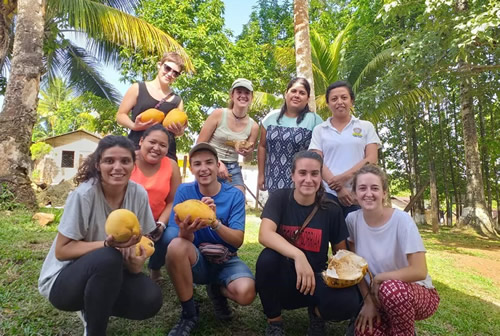
- Details
Since 2003, 1,220 students have participated in Development Cooperation Projects throughout 23 countries in Latin America and Africa, by doing internships and Final Degree Projects. These projects focus mainly on the promotion of sustainable human development through fighting against poverty and inequalities.
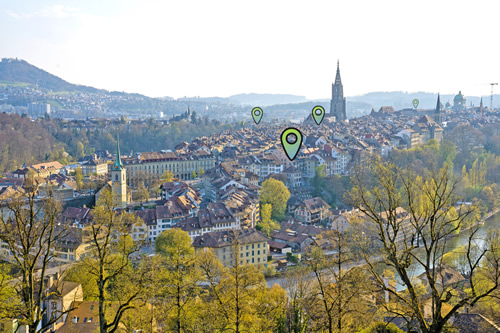
- Details
The Bern tertiary students’ association for sustainability, BENE (Verein für nachhaltige Entwicklung an den Berner Hochschulen), has just issued an app for sustainable consumption in Bern. Named "BENE Stadtplan" (BENE city map) and featuring over 170 businesses in Bern, this online guide is the outcome of a project supported by swissuniversities, the University of Bern, and the SUB (student association of the University of Bern). The dedicated small team who created the app were motivated by a desire to help everyone in Bern make conscious decisions about consumption and lifestyle, based on sustainability criteria.
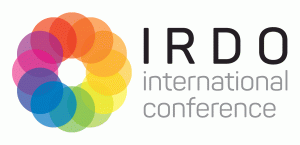
- Details
The proceedings of the joint IRDO Conferences on "Socially Responsible Society", which took place virtually on 10 and 11 June 2021, have been published. The event was supported by the COPERNICUS Alliance with a Micro Fund and featured a contribution by Anne Zimmermann and HES2020 colleagues on "Creative virtual conferencing and networking to advance higher education for sustainable development".
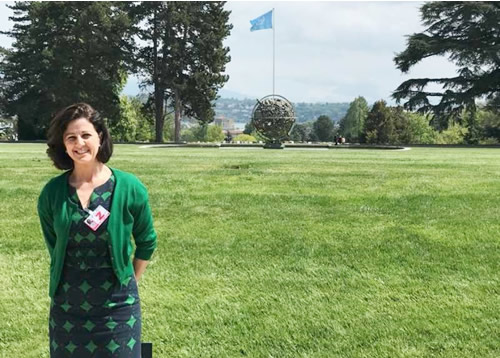
- Details
The University of Girona will award the distinction of honoris causa to former CA President Prof. Daniella Tilbury. Her work has contributed significantly to the progression of sustainability as a key agenda for the future of higher education, not least of all through her research and policy work in the field of Education for Sustainable Development, where she is one of the world’s lead experts.
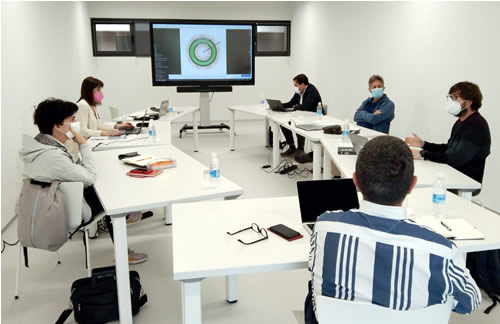
- Details
The University of the Basque Country (UPV/EHU) together with the Social Innovation Center ArantzazuLab is developing a Massive Online Open Course (MOOC) to foster transition skills that are necessary to achieve the Sustainable Development Goals. With financial support from a CA Micro Fund, a workshop was organized with Prof. Jorge Riechmann (Autonomous University of Madrid). The keynote is also available as a video.
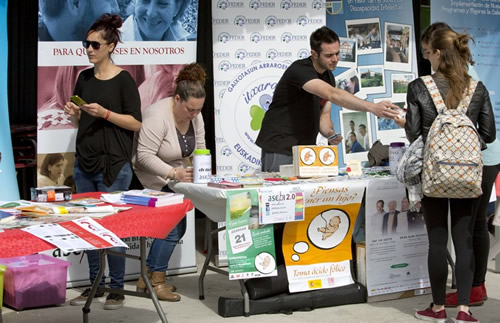
- Details
The Volunteering Program of the University of the Basque Country (UPV/EHU) is a project that seeks to channel and promote students' concern for solidarity. More than a decade ago, the UPV/EHU implemented a plan for the recognition of optional ECTS credits in undergraduate studies, which resulted in over 150,000 hours of voluntary work in cooperation and social action programs so far.
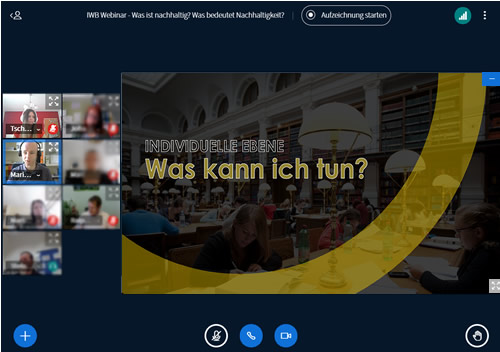
- Details
University employees have a big responsibility as role models and multiplicators when it comes to sustainability, both at professional level and in their private social environment. Adapting new habits and integrating sustainable routines in daily life starts with knowing about it. The University of Graz added three new courses to its further education programme for staff members to raise awareness for sustainability issues. Both academic and administrative employees can take the courses for free and obtain a certificate.
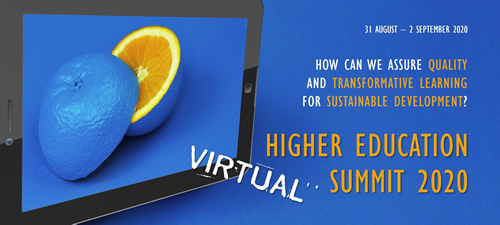
- Details
Over 230 participants from 35 countries gathered online for the Virtual Higher Education Summit 2020 (HES2020) from 31 August to 2 September 2020. People from various communities interacted with each other to achieve a more systemic and effective understanding of how to enable transformative learning for sustainable development while also assuring quality at higher education institutions. We asked some of the conference organizers and speakers to reflect on the event and selected a few snippets – take a look at the video report! In addition, material and session recordings continue to be available to registered participants on the conference website.
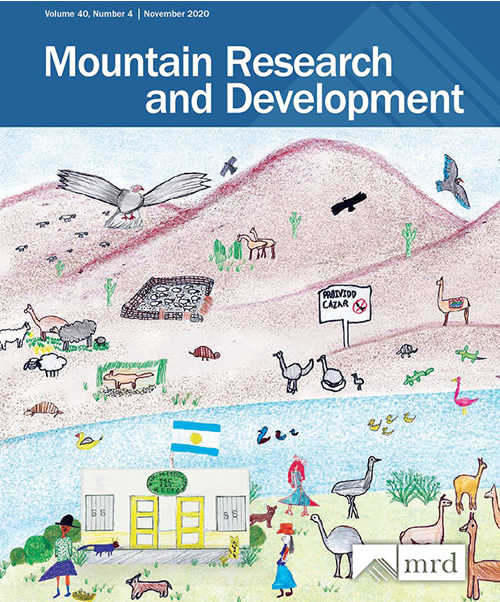
- Details
A multiplicity of educational experiences, programs, and approaches exist or are currently being designed in, on, or for mountains. This focus issue of Mountain Research and Development (Vol 40, No 4), offers some answers to the question of how education can contribute to sustainable development in mountain areas. Articles present examples and insights from around the world. Covering a wide range of formal and informal education at all levels, including practical training and lifelong learning opportunities, they provide a basis for future research, policy, and action.
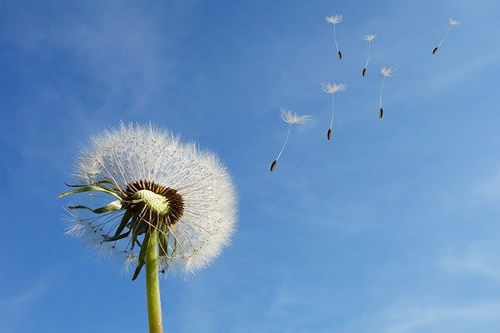
- Details
A movement of French researchers invented "Camille Noûs", an imaginary scientific author intended to embody the collective dimension of scientific research. His creation seeks to underline that the sense of collective work has been devalued and forgotten during the last decades in academia, through various neoliberal research policies that prioritize competition over cooperation, and thereby favor individualism at all levels. Their manifesto points out important dimensions of research sustainability.
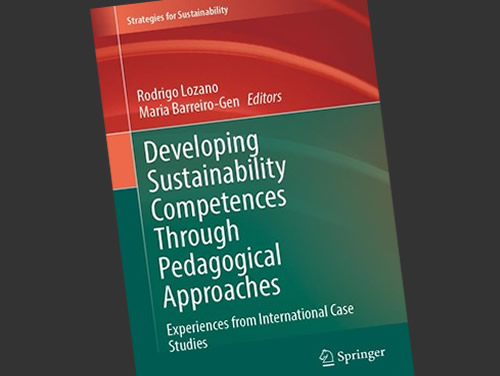
- Details
The book "Developing Sustainability Competences Through Pedagogical Approaches. Experiences from International Case Studies" edited by Prof. Rodrigo Lozano and Dr. Maria Barreiro-Gen (both University of Gävle) integrates practice-based original research on how sustainability is incorporated in curricula, the competences being developed, and the pedagogical approaches being used to develop the competences.
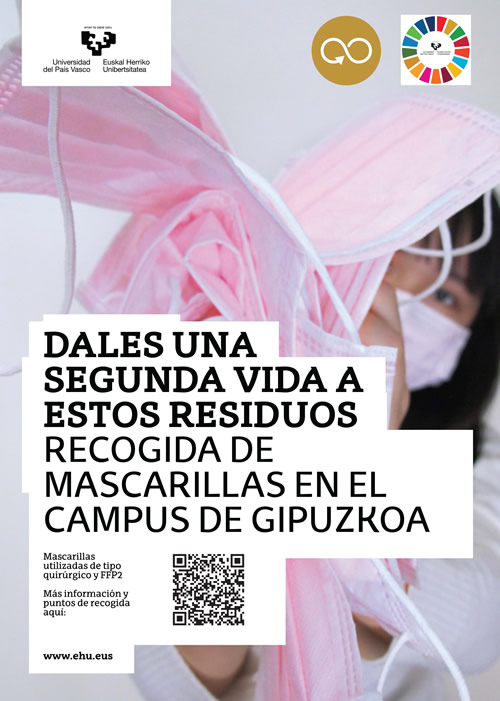
- Details
The face mask has become part of our daily attire and most likely will continue to be so for some time as the main measure of protection against COVID-19. Its use has led to a considerable increase consumption and production of plastic and other materials, with a serious negative impact on the environment. The University of the Basque Country (UPV/EHU) has joined forces with two Basque companies to give a second life to used masks.
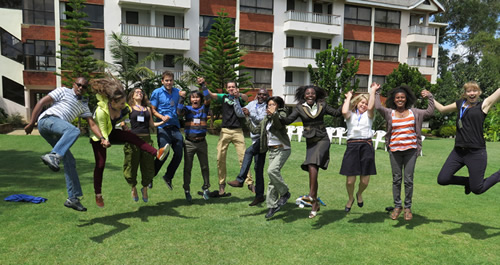
- Details
The pandemic has made it abundantly clear: The gravest threats we face today transcend national boundaries, are inextricably linked, and demand joint, knowledge-based actions in response. The Centre for Development and Environment (CDE) at the University of Bern and its longstanding partners have refined an effective and transformative approach to help solve current sustainability crises and train the next generation of change agents. In a policy brief (available in English and German) they outline lessons from CDE’s long-term experience in tackling shared challenges and addressing inequalities through inclusive, globe-spanning research and education.
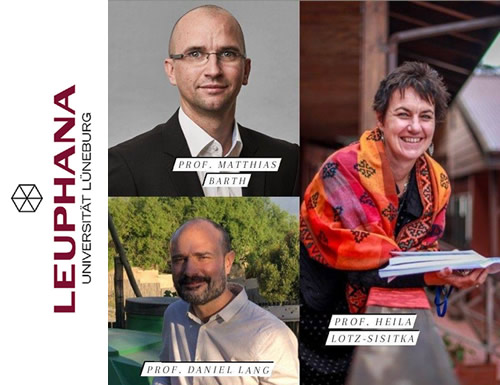
- Details
On 4 February 2021, the cross-faculty Institute for Sustainable Development and Learning at Leuphana University Lüneburg (ISDL) hosted Distinguished Professor of Education Heila Lotz-Sisitka from Rhodes University to speak at its inaugural dialogue series on ESD for 2030. The dialogue mobilized members from education and sustainability learning communities from around the world focusing on the theme "Building forward better through ESD for 2030: The next chapter for sustainability learning" to generate conversation on the role of the new framework in recovery and reconstruction from the pandemic.
More Articles …
- BOKU publishes Sustainability Report
- Join Race to Zero and sign the Global Universities and Colleges Climate Letter
- Creating learning and teaching spaces for transformative real-world lab research
- University of Bern commits to climate neutrality by 2025
- CA becomes partner of the ITD Conference 2021
- University of the Basque Country against food waste
- Basic Module on sustainable development introduced at University of Graz
- Student assessment in times of the pandemic
- CRUE’s Annual Report 2019 on implementing the 2030 Agenda
- Online Transformative Learning (OnTL) – An invitation to experiment, together with our community of learning teachers!
- Better Science Initiative launched in Switzerland
- Joining forces in transdisciplinary research – the tdAcademy platform



